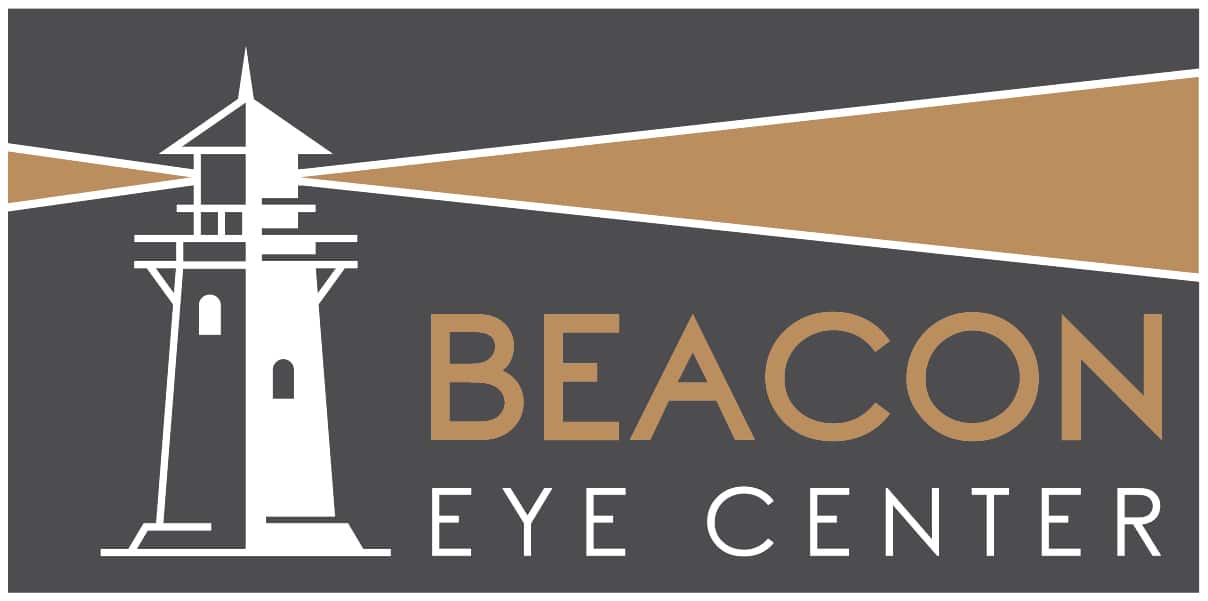Photorefractive keratectomy, or PRK, is a laser vision correction procedure that reshapes the cornea to correct mild to moderate conditions of myopia (nearsightedness), hyperopia (farsightedness), and astigmatism. It is the second most common type of laser eye surgery after LASIK. While during LASIK a flap is created to access the cornea, during PRK the entire epithelial layer of the cornea is removed and later allowed to grow back. During both processes, the cornea is reshaped to provide vision correction.
Advantages of PRK
Unlike LASIK, PRK does not require a flap to be made in the cornea which allows further depth of treatment. This allows patients with thinner corneas to safely have refractive surgery.
The PRK procedure also offers distinct benefits to individuals whose activities put them at elevated risk of eye injury (soldiers, police officers and boxers, for example).
Disadvantages of PRK
While PRK may be a preferable to LASIK surgery for some patients, there may be disadvantages to the procedure as well, including:
- More discomfort for the first few days after surgery
- Longer visual recovery period
Both LASIK and PRK have the same rates of vision improvement and carry most of the same risks, so a serious consultation with the ophthalmologist is necessary to determine which surgery will be most beneficial to the individual patient.
The PRK Procedure
Before the PRK procedure begins, the eyes are numbed with anesthetic eye drops. The surgeon then uses an excimer laser, with targeted laser energy, to reshape the cornea. The surgeon has complete control over the laser throughout the procedure for a highly precise and customized result, designed to give each patient the best vision possible.
The entire procedure takes only a few minutes to perform. Because of the potential for blurred vision for a time after PRK, the surgery is often performed on only one eye at a time, with the surgeon waiting to schedule the second eye until the vision in the first has adequately cleared.
After the procedure, the eyes are bandaged with a soft contact lens to protect the cornea. New cells will grow back over the next few days to replace the cells that were removed. The contact lens will be removed by the surgeon in a follow-up examination.
Recovery After the PRK Procedure
After the PRK procedure is completed, patients are instructed to rest when returning home. The surgeon prescribes eye drops to prevent infection and keep the eyes moistened.
While vision may improve immediately after the PRK procedure, full results may take several days or weeks to become apparent. Strenuous exercise should be avoided for at least a week because this can interfere with the healing process. Patients will likely be able to see well enough to drive a car after 2 to 3 weeks.
Results After the PRK Procedure
The results of PRK are considered comparable to those of LASIK. Some patients may experience only 20/40 vision and may still need glasses or contact lenses after their procedure. PRK does not correct presbyopia, a natural change in the eyes that affects people over the age of 40. Patients who require glasses for reading will continue to need them after surgery. It is important for patients to maintain realistic expectations of the results of any laser surgery if they are to be satisfied with the results.
Risks of PRK
As with any type of surgery, there are certain risks associated with the PRK procedure, including:
- Postsurgical infection
- Adverse reaction to anesthesia
- Inaccurate vision correction
- Sensitivity to light
- Problems with night vision, such as halos
- Hazy vision
- Dry eyes
Many of the complications that may arise after PRK are similar to those that may occur after any type of refractive surgery.

